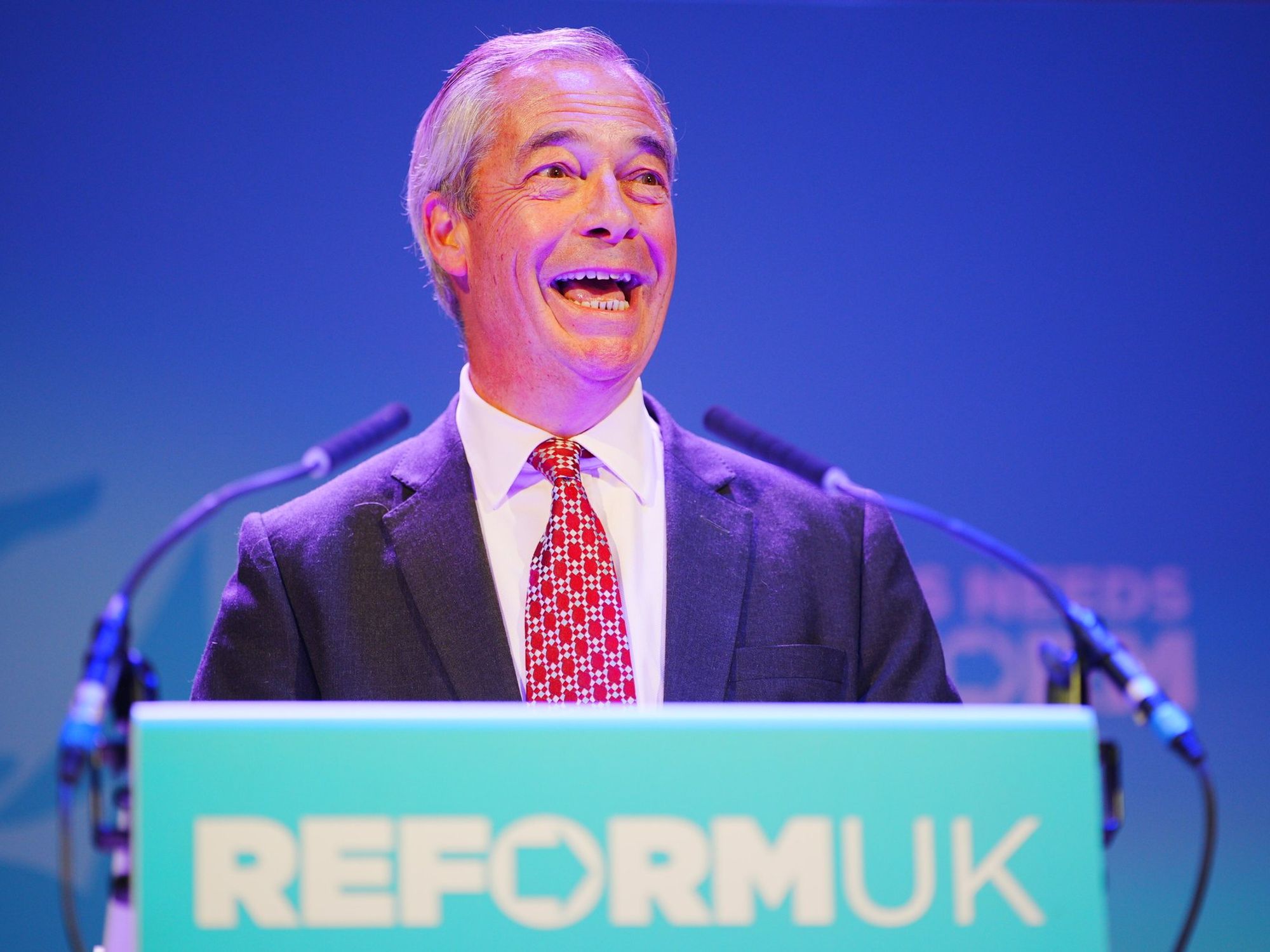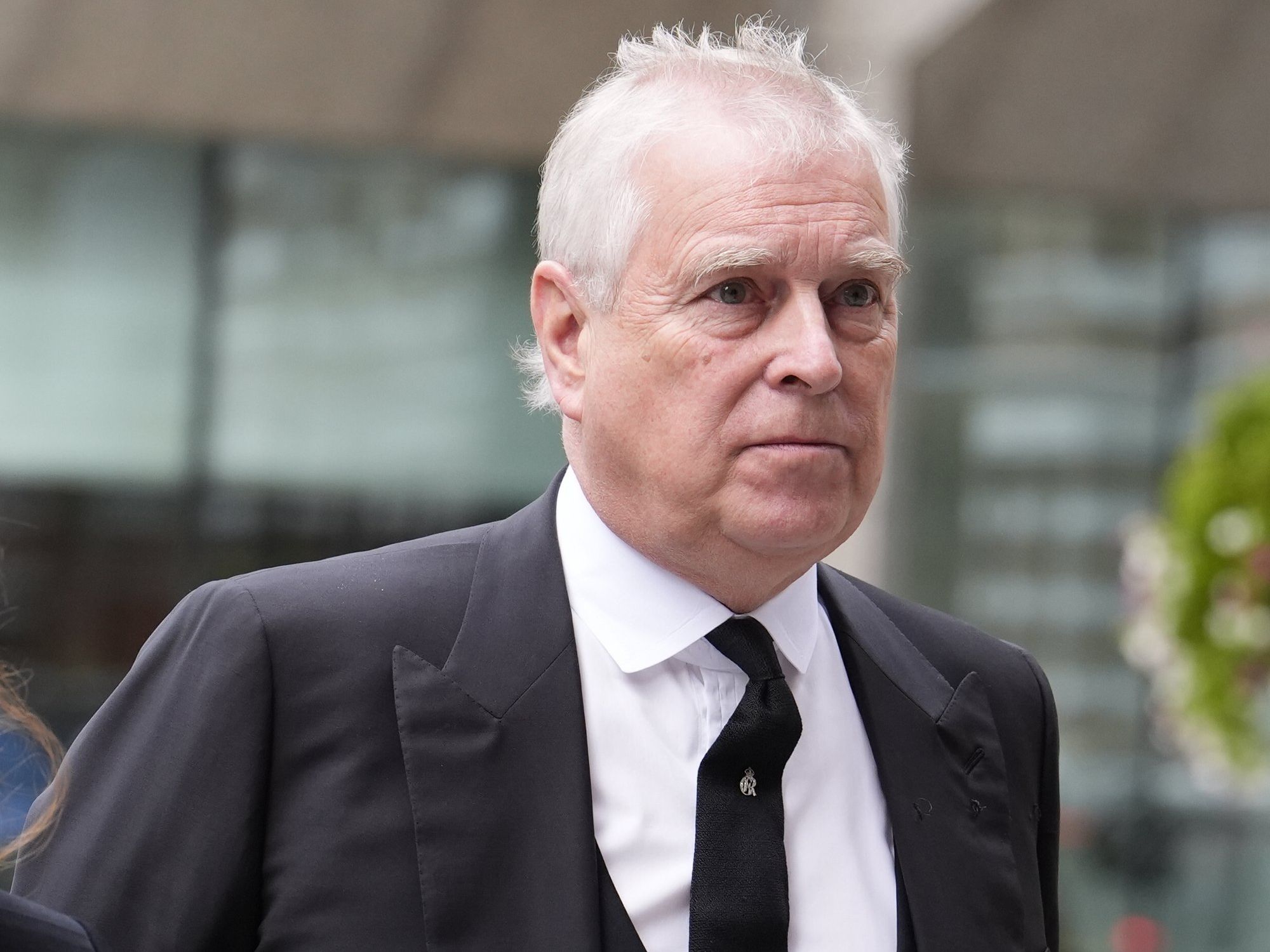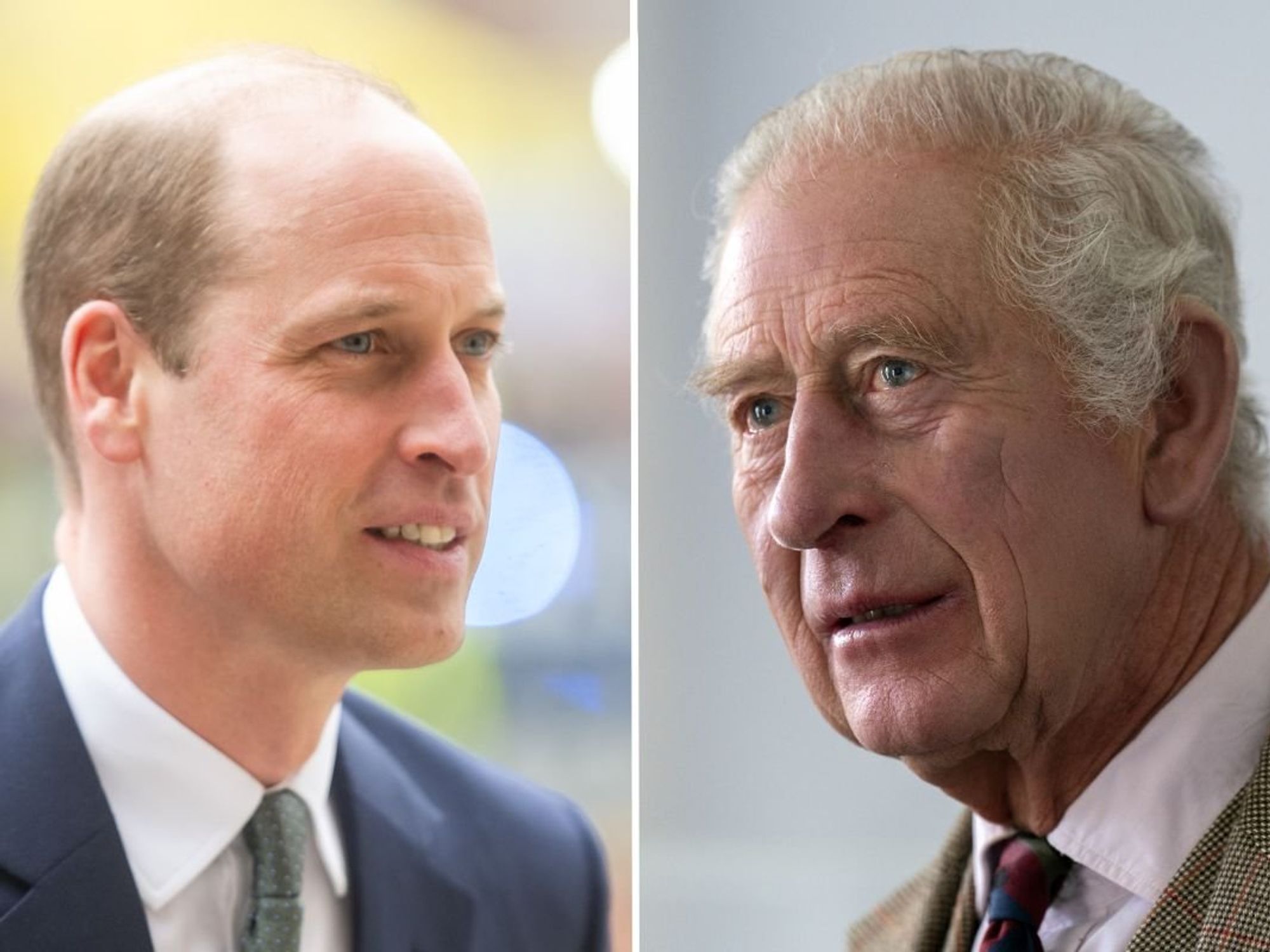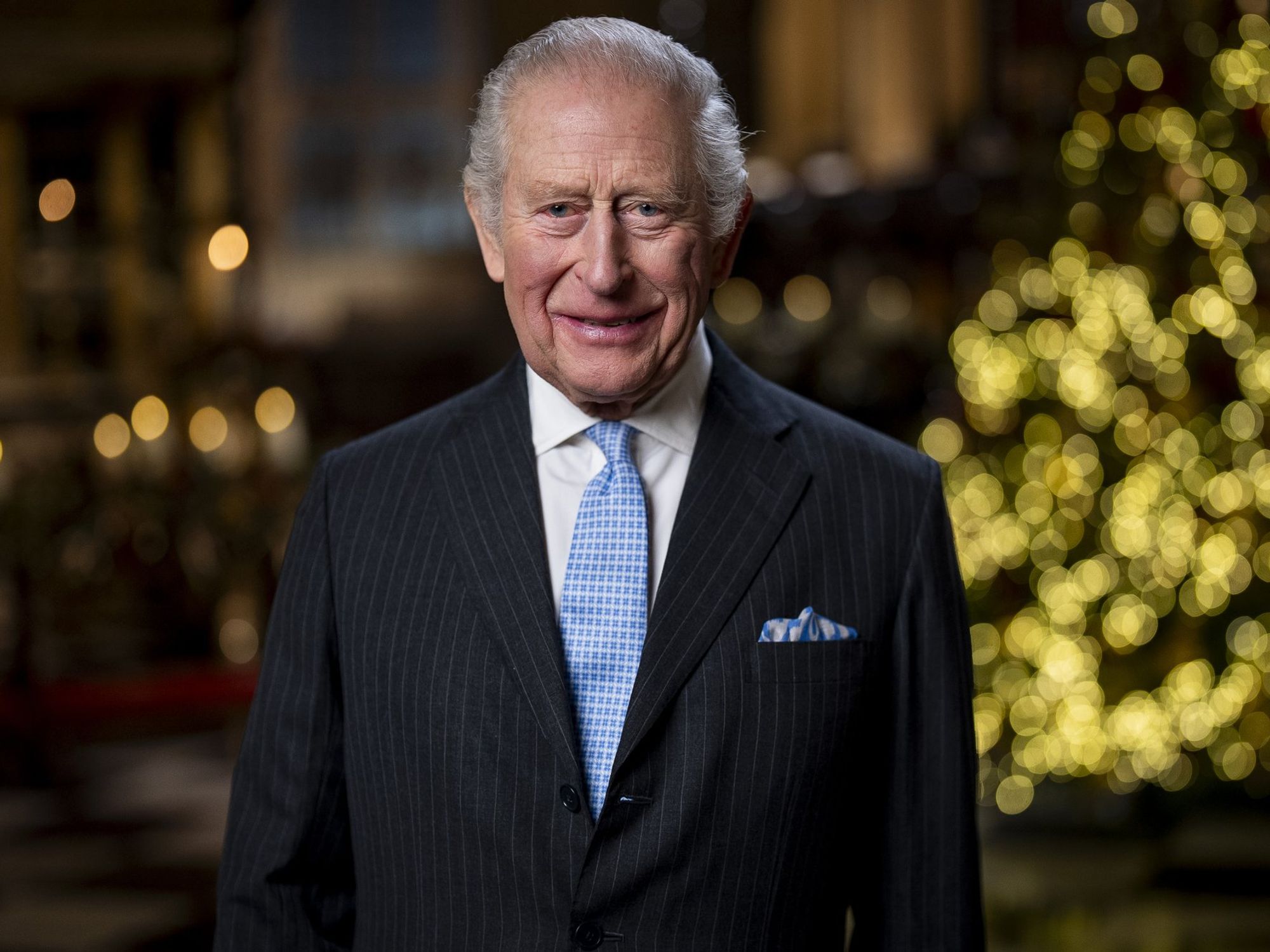Pay-per-mile car tax changes could see drivers pay even more to use the roads - should Britons be worried?
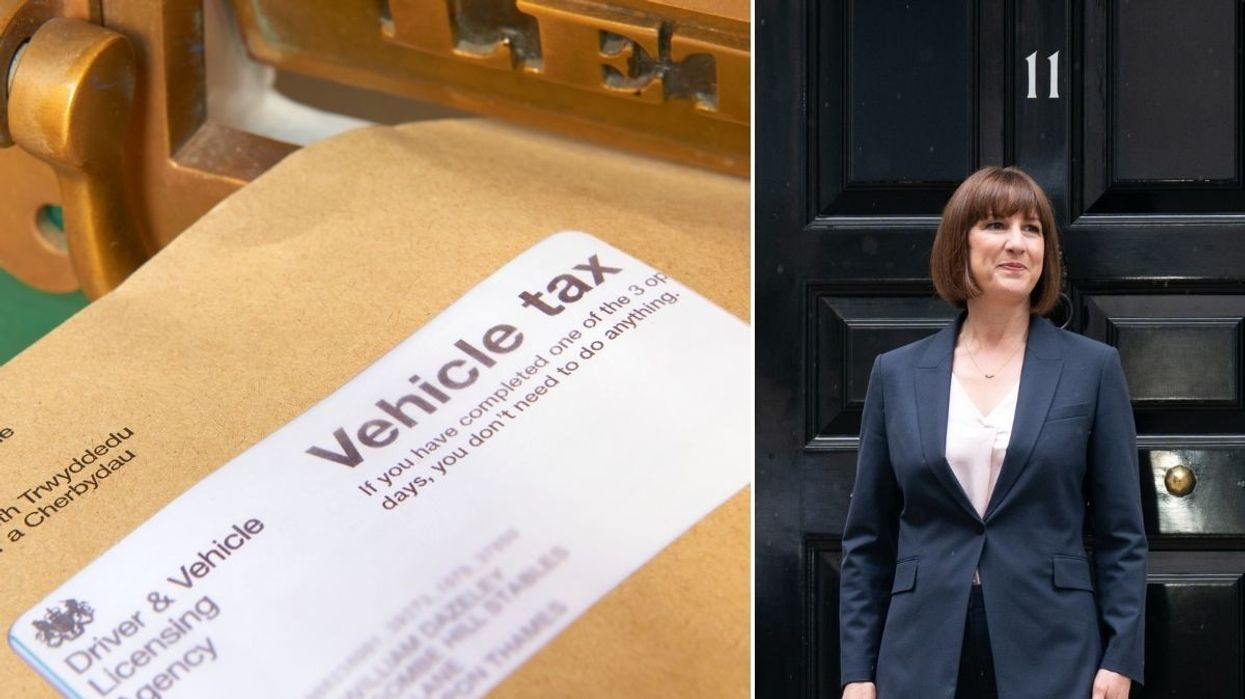
Major car tax changes could be rolled out in the coming years
|GETTY/PA

October 30 could see Chancellor Rachel Reeves launch new car tax rules
Don't Miss
Most Read
Car tax is one of the most controversial things about getting behind the wheel. Drivers are constantly calling for the levy to be lowered to help them save, while others call for more motorists to be charged to make things fairer.
There appears to be no golden solution for charging motorists for using their vehicles on the road. Tax discs are a thing of the past and Vehicle Excise Duty has seemingly run its course.
Pay-per-mile car tax changes have recently returned to the forefront of proposals that are being put forward to usher in a new era of having drivers pay for the roads they use on a daily basis.
From the outside, it would be quite a simple system. Drivers would be charged for the number of miles they drive, with each mile being worth a certain amount of money. This would help to address the shortfall in fuel duty revenue.
Do you have a story you'd like to share? Get in touch by emailing motoring@gbnews.uk
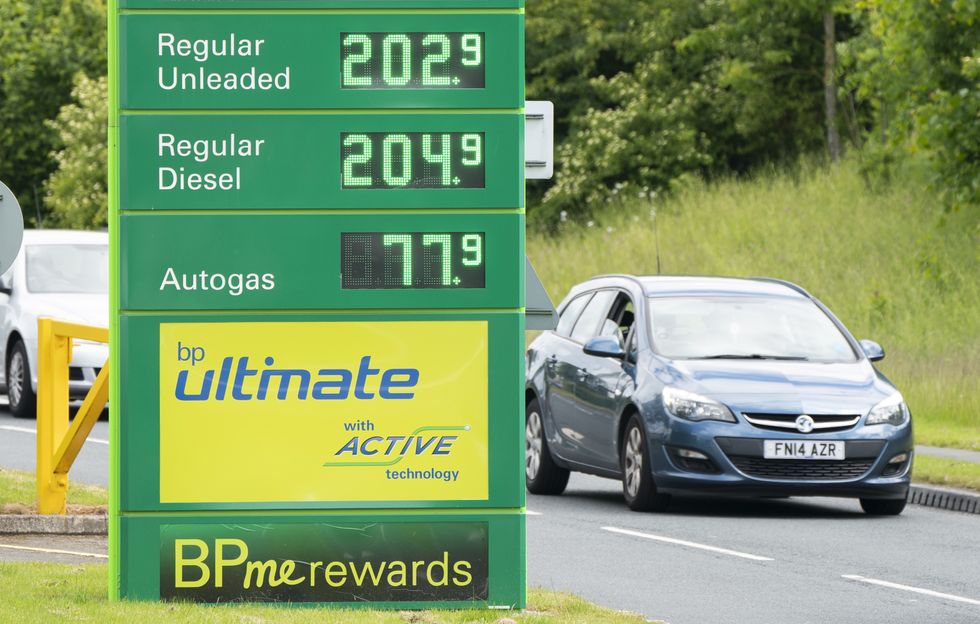 Revenue from fuel duty receipts is expected to plummet over the next decade | PA
Revenue from fuel duty receipts is expected to plummet over the next decade | PADrivers will eventually have to embrace electric vehicles once the Labour Government reinstates the original 2030 deadline to ban petrol and diesel cars, which GB News has been told will be coming "in due course".
Some, including the Tony Blair Institute for Global Change, estimate that the UK will be left with a £30-35billion black hole because of dwindling receipts from fuel duty as petrol and diesel are purchased less and less.
Pay-per-mile, or another road pricing scheme, could be introduced to address this and tax motorists at a fair rate. Or at the very least the fairest rate possible.
Experts like AA President Edmund King have suggested giving all motorists a certain amount of "free miles" to set them up, with drivers in rural areas being given "additional miles" since they are generally further away from necessities and most services.
This could be a suitable way of introducing car tax changes to the masses, even if it remains deeply unpopular. But, even at this stage, many problems exist on the surface, and many more will be realised if the scheme were to be in action.
How would the new Labour Government decide who lives and drives in rural areas? Would there be other exemptions or extra "free miles" for tradespeople and hauliers who need to drive for their profession? How easy would it be to contravene the rules?
Road pricing strategies have been discussed for years with the aim of charging motorists using Automatic Number Plate Recognition (ANPR) cameras. This also brings further concerns to the stage. This could be deemed an invasion of privacy with some arguing that drivers are being tracked. Others will argue that installing cameras around the country would cost billions of pounds.
There is also the issue of driving in areas where there are no cameras at the moment, like rural areas. Will cameras be installed? Will it work on a trust-based system? Will black boxes be installed in all new vehicles as standard?
A recent GB News poll found that 86 per cent of readers said they did not support the introduction of a pay-per-mile car tax system. Only 12 per cent were in favour.
Of the nearly 3,000 voters who took part in the poll, just two per cent said they were unsure of whether this system of taxation would be suitable, preferring the current Vehicle Excise Duty system.
While change is never welcomed, especially when it concerns taxes, it could be a necessity. It appears that Government finances are already not in the best shape, but the costs associated with losing billions from fuel duty will only add to the black hole Rachel Reeves is currently dealing with.
Labour's first Budget will take place on October 30 and drivers will be watching with baited breath. Tax rises and spending cuts have been rumoured, with the Chancellor risking a firestorm from the general public and the 40 million licence holders if major announcements are made to car taxes or even fuel duty.
LATEST DEVELOPMENTS:
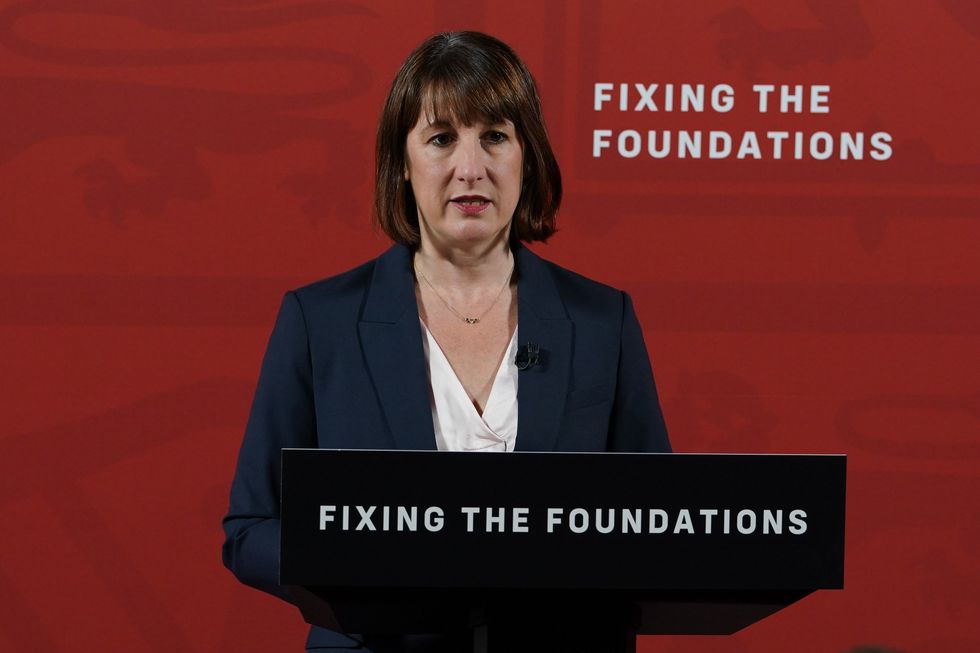
Rachel Reeves will deliver Labour's first Budget in October
|PA
Vehicle Excise Duty changes have already been confirmed for 2025 which will see electric vehicle drivers pay car tax for the first time after former Chancellor Jeremy Hunt said that he wanted to make the system of motoring taxation fairer.
While this was confirmed a few years ago, there is nothing stopping the new Chancellor Rachel Reeves from introducing major changes for 2027 or 2028. This would at least give the Government, local authorities and drivers the chance to prepare for new rules.
Drivers could well see their car taxes hiked in the next few years and this is a very real possibility that Britons need to be mindful of.





